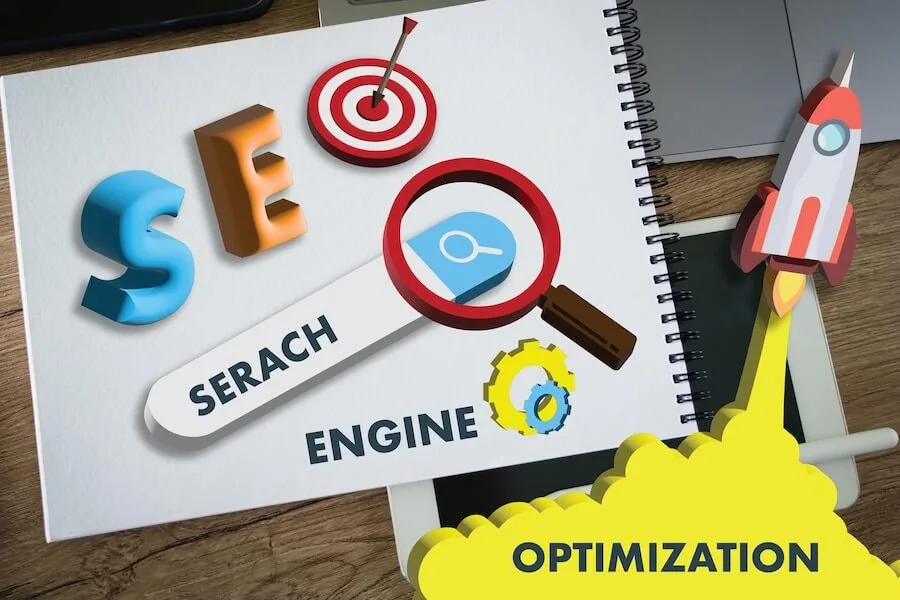In the highly competitive world of e-commerce, having a visually appealing and user-friendly Shopify store is essential. However, it’s equally important to ensure that your store is easily discoverable by search engines. In this blog post, we will explore effective strategies for maximizing the SEO potential of your Shopify store. As experts at SEO Classify, we understand the importance of driving organic traffic and improving search engine rankings. Let’s dive in and uncover the strategies that can take your Shopify store to new heights.
Conduct Keyword Research:
Keyword research lays the foundation for effective SEO. Identify relevant keywords and phrases that your target audience is likely to search for when looking for products or services you offer. Use keyword research tools and consider long-tail keywords that have less competition but higher conversion potential. Incorporate these keywords naturally into your product descriptions, meta titles, meta descriptions, URLs, and headings to optimize your Shopify store for search engines.
Optimize On-Page Elements:
To maximize your store’s SEO potential, pay attention to various on-page elements. Ensure that your page titles, meta descriptions, and URLs accurately reflect the content and include relevant keywords. Optimize your product descriptions by providing unique and compelling content that helps search engines understand the context of your products. Use header tags (H1, H2, H3, etc.) to structure your content and make it easier for search engines and users to navigate.
Optimize Site Speed:
Site speed is a critical ranking factor that affects both user experience and SEO. Optimize your Shopify store by compressing images, minifying CSS and JavaScript files, and leveraging caching techniques. Use a content delivery network (CDN) to ensure that your store loads quickly across different geographical locations. Remember, a fast-loading website not only improves search engine rankings but also reduces bounce rates and increases customer satisfaction.
Create Unique and Engaging Content:
Content is king, and providing unique and engaging content is crucial for both users and search engines. Develop informative and compelling blog posts, product descriptions, and landing pages. Incorporate relevant keywords naturally while focusing on delivering value to your audience. Enhance user engagement by incorporating high-quality images and videos. Regularly update your content and strive to become a trusted resource in your industry. Fresh and valuable content not only improves search engine visibility but also establishes your brand as an authority, attracting more organic traffic.
Build High-Quality Backlinks:
Backlinks from reputable websites play a significant role in improving your store’s SEO. Invest time in building high-quality backlinks by reaching out to relevant industry blogs, influencers, and authoritative websites. Guest posting, influencer collaborations, and participating in industry forums or discussions are effective ways to acquire valuable backlinks. Focus on acquiring links from diverse and authoritative sources to strengthen your store’s online presence and increase its visibility in search engine results.
Optimize for Mobile:
With the majority of internet users accessing websites via mobile devices, optimizing your Shopify store for mobile is crucial for SEO success. Ensure that your store has a responsive design, providing a seamless browsing experience across different screen sizes. Optimize images and use a mobile-friendly layout to improve loading times. Implement AMP (Accelerated Mobile Pages) to further enhance mobile performance and increase visibility in mobile search results.
Utilize Shopify SEO Apps and Plugins:
Take advantage of the various SEO apps and plugins available in the Shopify App Store. These tools can help automate and streamline SEO processes, providing valuable insights and recommendations. Choose apps that offer features like keyword analysis, structured data optimization, XML sitemap generation, and SEO audits. Utilizing these apps can save you time and ensure that you’re implementing the best SEO practices for your Shopify store.
Implement Structured Data Markup:
Structured data markup, such as Schema.org markup, helps search engines understand the content and context of your store’s pages. By implementing structured data, you can enhance your search engine listings with rich snippets, which can improve click-through rates. Consider adding structured data markup to your product pages, reviews, ratings, and other relevant elements to provide search engines with additional information about your offerings.
Monitor and Analyze Performance:
Regularly monitor and analyze your Shopify store’s performance using tools like Google Analytics and Google Search Console. Monitor essential metrics including organic traffic, bounce rates, conversion rates, and keyword rankings. Identify areas that require improvement and make necessary adjustments to your SEO strategies accordingly. Analyzing data will help you make data-driven decisions, optimize underperforming pages, and identify opportunities to further enhance your store’s SEO potential.
Stay Updated with SEO Trends:
The world of SEO is constantly evolving, with search engine algorithms frequently being updated. Keep yourself updated on the most recent SEO trends, algorithmic shifts, and industry best practices. Follow reputable SEO blogs, attend webinars, and participate in relevant forums or communities to stay ahead of the curve. By staying updated, you can proactively adapt your SEO strategies and ensure that your Shopify store remains competitive and visible in search engine results.
The Role of Technical SEO in E-commerce: Strategies to Drive Sales and Revenue
Our Perspective:
Maximizing the SEO potential of your Shopify store is a continuous process that requires attention to detail and adherence to best practices. By conducting thorough keyword research, optimizing on-page elements, focusing on site speed, creating unique content, building high-quality backlinks, and optimizing for mobile, you can significantly improve your store’s visibility in search engine results. Utilizing Shopify SEO apps, implementing structured data markup, monitoring performance, and staying updated with SEO trends will further enhance your SEO efforts. With a well-optimized store, you’ll attract more organic traffic, increase conversions, and achieve long-term success in the competitive e-commerce landscape. Remember, SEO is an ongoing journey, so stay committed and consistently refine your strategies for optimal results.




